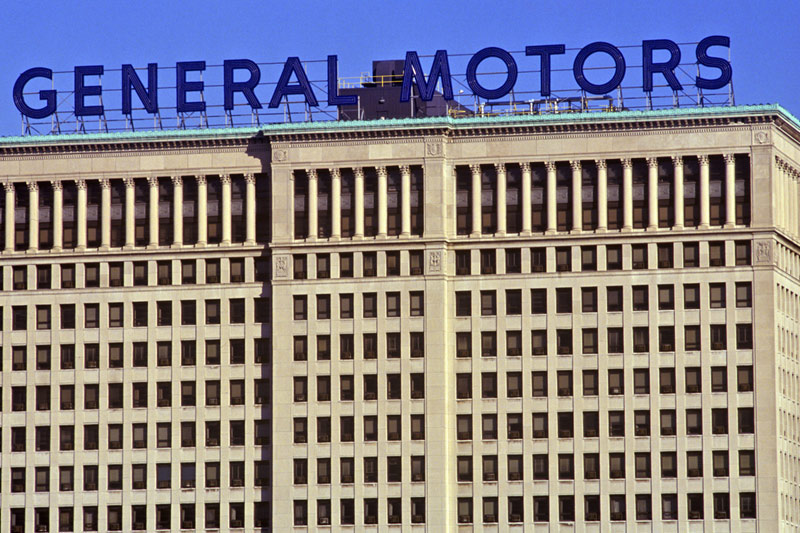© Reuters. FILE PHOTO: Handout photo courtesy of the Nevada Department of Motor Vehicles shows a Google self-driven car in Las Vegas, Nevada, May 1, 2012. REUTERS/Nevada Department of Motor Vehicles/Handout/File Photo
By David Shepardson
WASHINGTON (Reuters) – Congress still faces serious hurdles to winning approval for long-stalled legislation to speed the adoption of self-driving cars.
“China is currently moving ahead with ambitious plans to lead the development and deployment of this technology,” said House Energy and Commerce Committee chair Cathy McMorris Rodgers at a hearing Wednesday.
“We cannot trust the Chinese Communist Party to set the standards for this industry and we certainly cannot trust them to protect our data and individual rights.”
Republicans and some Democrats want fast action, raising concerns that China could surpass the United States in deploying cars without human drivers. Safety groups, plaintiffs’ lawyers and labor unions are raising concerns about the legislation.
Representative Frank Pallone, the top Democrat on the Energy and Commerce Committee, said at the hearing we “cannot simply dust off six-year-old legislation and ignore the substantial issues that have emerged in recent years…. Liability loopholes are emerging. Workforce impacts are becoming more apparent.”
Autonomous vehicle legislation in Congress has been stalled for more than six years. Proposals would allow automakers to obtain exemptions to deploy tens of thousands of vehicles without meeting existing auto safety standards.
The National Highway Traffic Safety Administration said on July 12 it will soon decide on a petition filed by General Motors (NYSE:)’ Cruise self-driving technology unit seeking permission to deploy up to 2,500 self-driving vehicles annually without human controls, the maximum permitted under current law.
Advocates say autonomous vehicles (AVs) have the potential to reduce traffic deaths, expand mobility access to the disabled, reduce parking needs in congested cities and cut greenhouse gas emissions.
Transport Workers Union President John Samuelsen said workers are deeply concerned “major AV developers have an unambiguous plan to rush driverless vehicles onto our roads and into our public transit systems without safety standards or adequate failsafes.”
Alliance for Automotive Innovation CEO John Bozzella, a trade group representing major automakers, told the panel that without action from Congress, “our nation risks becoming dependent on foreign sources in a future defined by others.”
Read the full article here



